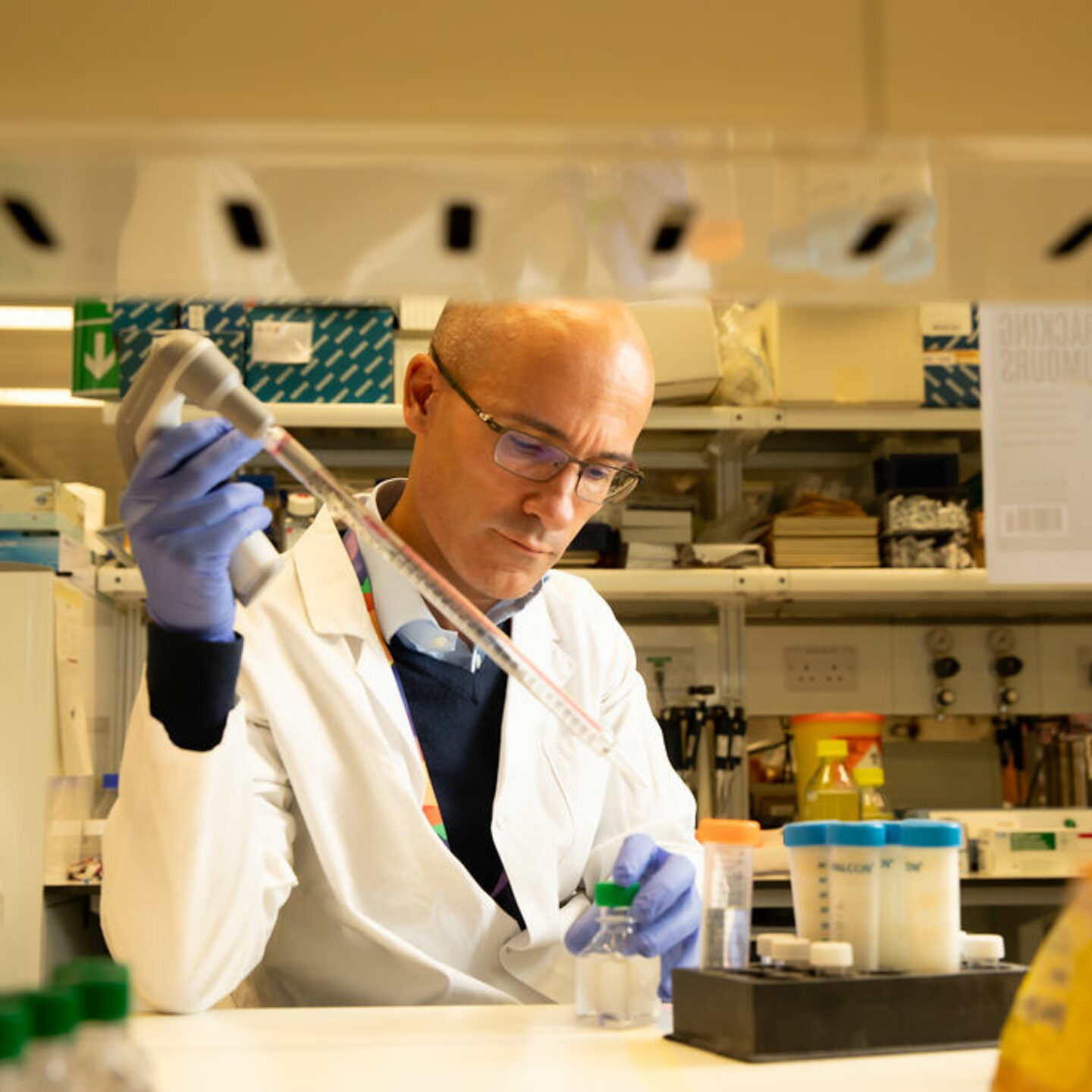We are proud to announce our backing of two ground-breaking breast cancer research projects, kicking off our commitment to £1 million of vital research over the next five years. Over the years, we have donated in excess of £1.2million to research projects with Breast Cancer Now, focusing on secondary breast cancer.
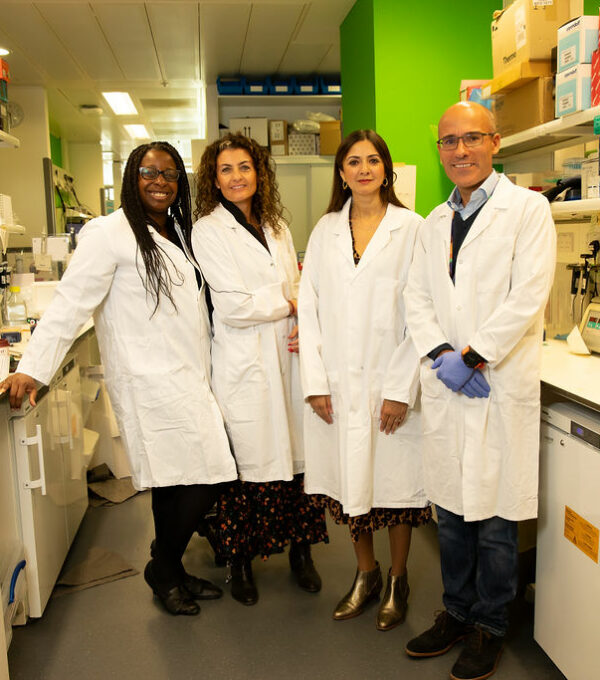
TRACERX-TNBC (tracking triple negative breast cancer evolution through therapy) project
One of the research projects is with Prof Charles Swanton, supporting his work studying metastatic triple negative breast cancer. The project is a collaboration between the Francis Crick Institute, UCL (London), UNICANCER (Paris), Institut Curie (Paris) and Gustave Roussy (Villejuif.) It will help transform the understanding of cancer evolution and help develop practical steps towards an era of precision medicine.
Future Dreams trustee and consultant medical oncologist, Dr Fharat Raja said: “It is incredibly exciting to be supporting this immensely important work that enhances our understanding of the evolution of cancer which will eventually allow us to exploit the findings within the tumours for better treatments.”
Learn more about this project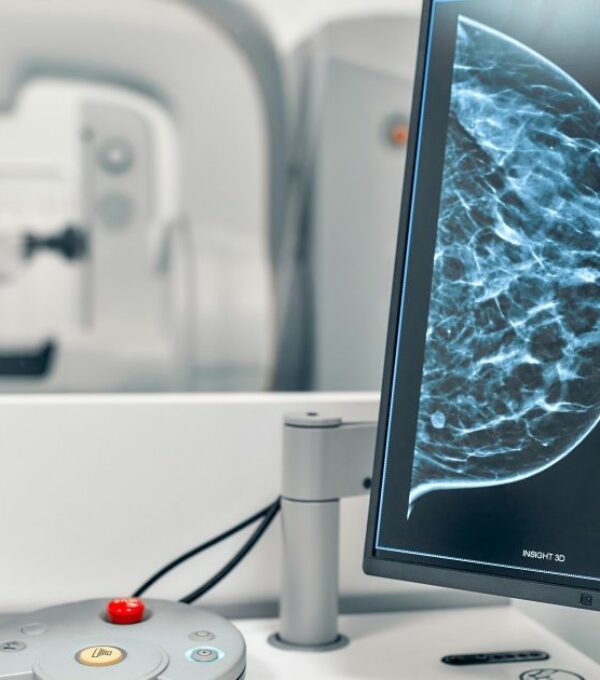
AI screening
We are also funding a PhD student at University of Cambridge to understand if AI screening could identify women who are more at risk of developing breast cancer. Prof Fiona Gilbert, from the university’s Radiology department stated: “We are thrilled that Future Dreams is funding a PhD studentship and some senior clinical research time. The purpose of the grant is to assess different artificial intelligence tools which use information from mammograms to predict which women will develop breast cancer over the next five years. This important work will help inform the UK screening programme on whether AI tools are ready to be adopted into clinical practice.”
Future Dreams trustee and consultant breast and oncoplastic surgeon, Joanna Franks, said: “Being able to use AI in breast screening will be a tremendous breakthrough enabling quicker assessments, earlier diagnosis and help all women including those who are at greater risk of developing breast cancer. It will transform the UK screening programme.”
Learn more about this project
Our partnership with Breast Cancer Now
Breast Cancer Now is there for anyone affected by breast cancer, providing support for today and hope for the future
Future Dreams shares the goal with Breast Cancer Now that by 2050, everyone who develops breast cancer will live.
Breast Cancer Now believes that funding research holds the key to discovering how we can prevent breast cancer, save lives and support people to live well with the disease. It is why they fund almost 340 of the brightest minds in breast cancer research and have funded £255 million in research so far.
Future Dreams is proud to have worked with Breast Cancer Now to help fund research into secondary breast cancer and patient health information. Fifty per cent of monies raised by sales from our Wear It With Love range with Lipsy and Next will go towards funding a vital joint research project.
Breast Cancer Now also provides life-changing care with an expertly staffed helpline and support groups.
Learn more about Breast Cancer Now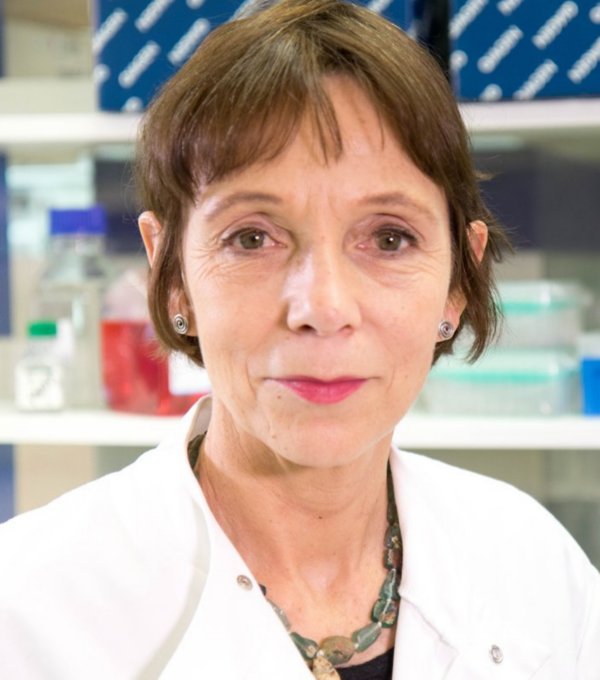
Funding research into secondary breast cancer
The UK has some of the world’s leading scientists working on preventing and curing secondary breast cancer – but they need more money to do it.
With support from Future Dreams, Professor Clare Isacke and her team at the Breast Cancer Now Toby Robins Research Centre at the Institute of Cancer Research in London have made ground-breaking progress in understanding secondary breast cancer. Her team has discovered that aggressive breast cancer cells can ‘radicalise’ certain healthy cells by releasing a protein called Wnt7a. These radicalised healthy cells can then help breast cancer spread. So, finding ways to block the production of Wnt7a could make it much harder for breast cancer to spread and become incurable, and help to save lives.
Professor Isacke’s team has also found a new way to identify women at high risk of developing secondary breast cancer after initial treatment. The researchers found that if a certain set of genes become activated in breast tumours, they increase the risk of breast cancer returning and spreading around the body. In future, examining how active these genes are in a tumour could help doctors identify the women most at risk of their breast cancer coming back and spreading, and tailor their treatment to prevent this from happening.
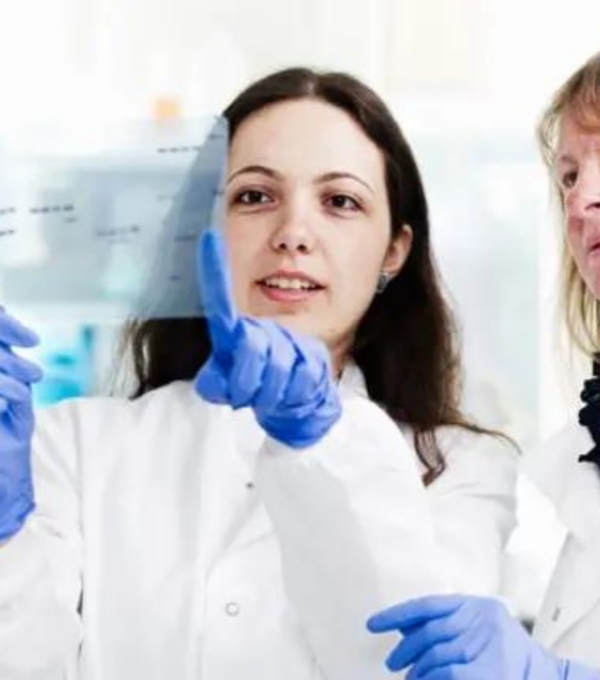
Understanding how breast cancer cells move around the body
Once scientists understand this they can concentrate on how to prevent it from happening.
Future Dreams has supported a Breast Cancer Now research project since 2017 led by Dr William Brackenbury at the University of York. He is working to understand what helps breast cancer cells spread around the body. Dr Brackenbury’s innovative research has the potential to bring us one step closer to being able to prevent secondary breast cancer and save lives.
Dr Brackenbury and his team are using an innovative technique to record electrical signals in breast cancer cells, which has never been used to study breast tumours before. They are using this technique to test if breast cancer cells generate electrical signals and if this helps them to move around the body. If successful, this work could eventually lead to the use of drugs that stop breast cancer cells from generating electrical signals and in turn, stop them invading other parts of the body.
The researchers have been making great progress with the project. Their experiments have indicated that the sodium levels (which can lead to electrical signals) inside cancer cells differ across the tumour. Researchers have found that they are higher than the levels found in healthy cells. Dr Brackenbury was also testing drugs that can stop sodium from entering cells to further understand the differences between healthy cells and breast cancer cells.
“We know that sodium levels are higher in breast tumours than healthy tissue and they may also help breast cancer to spread around the body. However, until now there has been no method to study this outside of the clinic, meaning that we know little about how this elevated sodium occurs and what subsequent effects it may have” said Dr Brackenbury.
His research project was due to finish in October 2020, but was severely delayed due to the COVID-19 pandemic. Like most research labs in the country, Dr Brackenbury’s lab had to temporarily close to follow the lockdown rules. It meant all experiments in his lab had to be put on hold.
Breast Cancer Now, Future Dreams and researchers like Dr Brackenbury need your support, now more than ever, to make up for lost time.
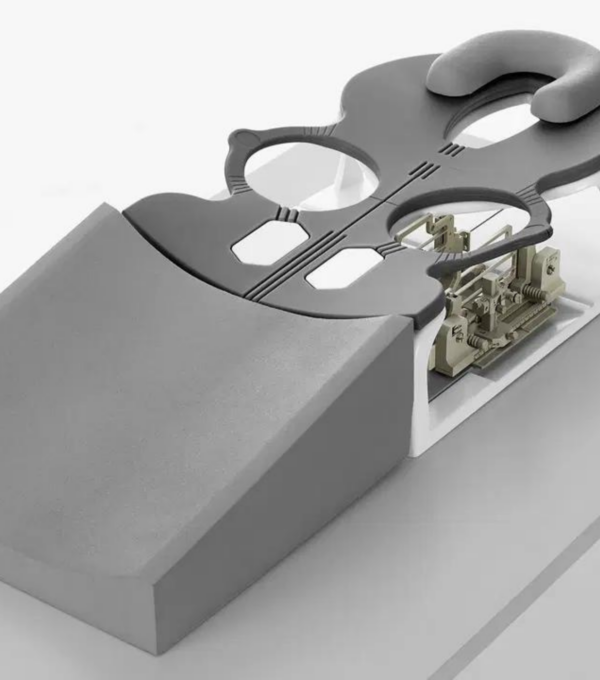
Identifying aggressive breast cancers
Future Dreams partnered with University College Hospital, London to potentially identify more aggressive breast cancers
In 2019 Future Dreams funded a research project for a dedicated Breast Coil to perform hyperpolarised imaging, called hyperpolarised MRI. This coil would allow the examination of breast cancers in far greater detail. Some cancers are more active and aggressive than others and hyperpolarised imaging potentially allows the team to identify the most aggressive cancers and choose the best treatment plan at an early stage.

Support awareness research
Donate to those touched by BREAST cancer
Sylvie and Danielle began Future Dreams with just £100 in 2008. They believed nobody should face breast cancer alone. Their legacy lives on in Future Dreams House. We couldn’t continue to fund support services for those touched by breast cancer, raise awareness of breast cancer and promote early diagnosis and advance research into secondary breast cancer without your help. Please consider partnering with us or making a donation.
